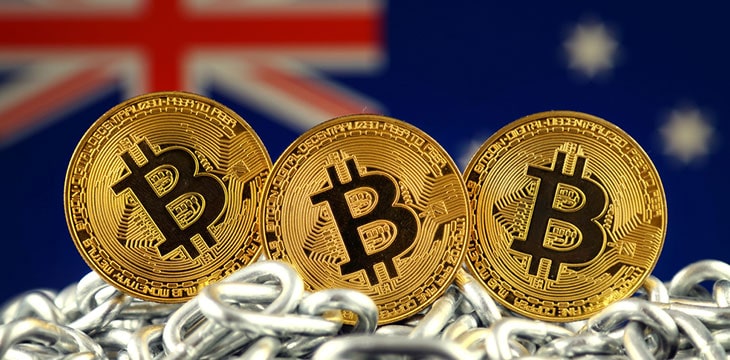|
Getting your Trinity Audio player ready...
|
A senator in Australia has introduced a new bill that seeks to regulate digital assets, stablecoins, virtual asset service providers (VASPs), and the use of China’s digital yuan in the country.
The bill, titled Digital Assets (Market Regulation) Bill 2022, was introduced by Liberal Senator Andrew Bragg. It will recognize digital assets and regulate entities offering related services and products, such as exchanges and custodians. It will also introduce licenses for stablecoin issuers, including requirements for funds to be held in reserve in a local bank and for frequent auditing and reporting.
Australia must keep pace in the digital assets race: a bill to protect consumers, promote investment & protect our interests.
Media statement: https://t.co/VxFnAKnh1v
New Bill: https://t.co/rtMj2t9Ng2— Senator Andrew Bragg (@ajamesbragg) September 18, 2022
Bragg’s new bill incorporates many of the recommendations made by a Senate committee in 2021 after months of research. Bragg chaired this committee, and among the recommendations it made was to bring digital asset exchanges under the same regulatory regime that governs the Australian Securities Exchange (ASX). It also called for token mapping, a process that Treasurer Jim Chalmers announced would be starting this year.
These, and many other recommendations, have been integrated into Bragg’s proposed regulations.
The bill also shone a light on the digital yuan, China’s long-awaited central bank digital currency (CBDC). Many countries have announced their apprehension and suspicion towards the CBDC, led by the United States, which believes it could erode the U.S. dollar’s stranglehold on global commerce.
Bragg is apprehensive as well and wants Australian companies that facilitate digital yuan transactions to make disclosures about it.
“That currency (digital yuan), if it became widespread in the Pacific, or even within Australia, would give the Chinese state enormous power, economic and strategic power that it doesn’t have today. So I think we need to be prepared for that. We need to know more about this digital currency, so the bill establishes reporting requirements in that regard,” he told popular Aussie morning television show RN Breakfast on Monday.
On stablecoins, Bragg says that this year’s collapse of the UST stablecoin makes it critical for the Aussie government to rein in the sector.
“What we’ve seen in the last six months or so has been the collapse of major stablecoins, including the U.S. stablecoin Terra. The Governor of the Reserve Bank in Australia and Janet Yellen have been calling for regulation so that if someone wants to issue a stablecoin, they are required to hold reserve capital to meet any risk,” the senator commented.
Requiring stablecoin issuers to closely adhere to bank-like regulations is in line with many other jurisdictions that take a keener look at the sector. In the U.S., the STABLE Act sought to have all stablecoin issuers obtain a banking charter, but it didn’t make it through Congress. California has followed on this, and with its Digital Financial Assets Law, which the state’s Senate passed three weeks ago, it will require stablecoin issuers to have a banking charter. Alternatively, they can seek a license from the California Department of Financial Protection and Innovation.
Watch: The BSV Global Blockchain Convention presentation, CBDCs and BSV

 02-25-2026
02-25-2026 




